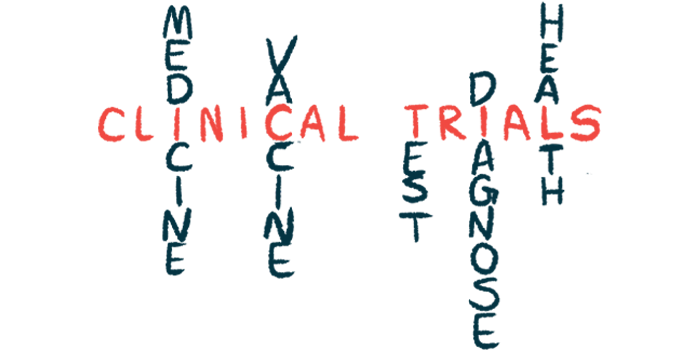FDA OKs Phase 1/2 clinical trial of small molecule SPG302 in ALS
Once-daily oral treatment aims to increase synapses in neurons
Written by |

Spinogenix will soon launch a Phase 1/2 clinical trial in the U.S. to test its investigational small molecule SPG302 in people with amyotrophic lateral sclerosis (ALS).
The trial, which will assess the medication’s safety, tolerability, and pharmacological properties when given as a once-daily pill, comes after The U.S. Food and Drug Administration (FDA) cleared the company’s investigational new drug application requesting the initiation of clinical studies for SPG302.
Meanwhile, the treatment is being tested in a Phase 1/2 trial (NCT05882695) in Australia. A Phase 1 part involving healthy volunteers has completed dosing, and has demonstrated that the treatment is well tolerated and reaches blood levels that resulted in efficacy in animal models. The trial is now enrolling people with ALS to study the safety and efficacy of the once-daily pill.
“Having completed the Phase 1 safety study in healthy subjects in Australia, we are thrilled to have gained FDA acceptance of our U.S. IND for SPG302 in ALS,” Stella Sarraf, PhD, Spinogenix founder and CEO, said in a company press release. “We are committed to advancing SPG302 with the hope of providing a new, transformative therapeutic that can significantly improve the lives of those battling this devastating disease.”
Targeting synapses to improve motor, cognitive functions
ALS is caused by the progressive dysfunction and death of motor neurons, the nerve cells that control voluntary movements in the brain and spinal cord, leading to symptoms such as trouble swallowing, speaking, and breathing.
Neurons communicate with each other by passing electrical or chemical signals via specialized junctions called synapses. These synapses begin to deteriorate in very early stages of ALS, which is believed to contribute to motor and cognitive issues in people with the condition.
SPG302 is a once-daily oral small molecule designed to increase the number of synapses in neurons. It triggers the formation of synapses that use the neurotransmitter glutamate as a signaling molecule, which are preferentially lost in ALS and other degenerative diseases.
In animal models of ALS, spinal cord injury, and Alzheimer’s disease, and traumatic brain injury, daily treatment with SPG302 led to the regeneration of these synapses and improvements in motor and cognitive function.
“SPG302’s unique approach to regenerate synapses offers a fundamentally different treatment modality, focusing on synapse loss which is central to ALS,” Sarraf said. “Current treatments have not sufficiently met the needs of ALS patients, as slowing disease progression alone is not enough.”
Study to measure safety, efficacy
The first two parts of the Australian trial consisted of healthy volunteers, ages 18-55, who were randomly assigned to receive SPG302 or a placebo. In the first part, single ascending doses of the therapy were tested, and in part 2 participants received multiple ascending doses of SPG302 for five days.
Phase 2 of the study covers people with ALS, ages 18 to 80, who will be randomly assigned to receive SPG302 or a placebo once daily for 28 days (about four weeks). This part will assess the therapy’s safety and pharmacological properties in ALS patients, but will also include efficacy measures such as disease progression, lung function, and disease biomarkers.
After completing the trial, patients may choose to enter an open-label extension study, in which all will receive the therapy for up to one year.
“Spinogenix’s new approach works at the synaptic level to regenerate synapses,” Merit Cudkowicz, MD, director of the Sean M. Healey & AMG Center for ALS at Massachusetts General Hospital and a professor of neurology at Harvard Medical School. “This first study in people with ALS is an important step towards determining whether SPG302 helps recover lost functions in motor and cognitive symptom domains,” said Cudkowicz, who is also a member of Spinogenix’s advisory board.
SPG302 has been granted orphan drug status for ALS by the FDA, a designation that provides incentives to accelerate a drug’s development. Preclinical work evaluating the medication has been funded by the U.S. National Institutes of Health (NIH) and the Department of Defense.







